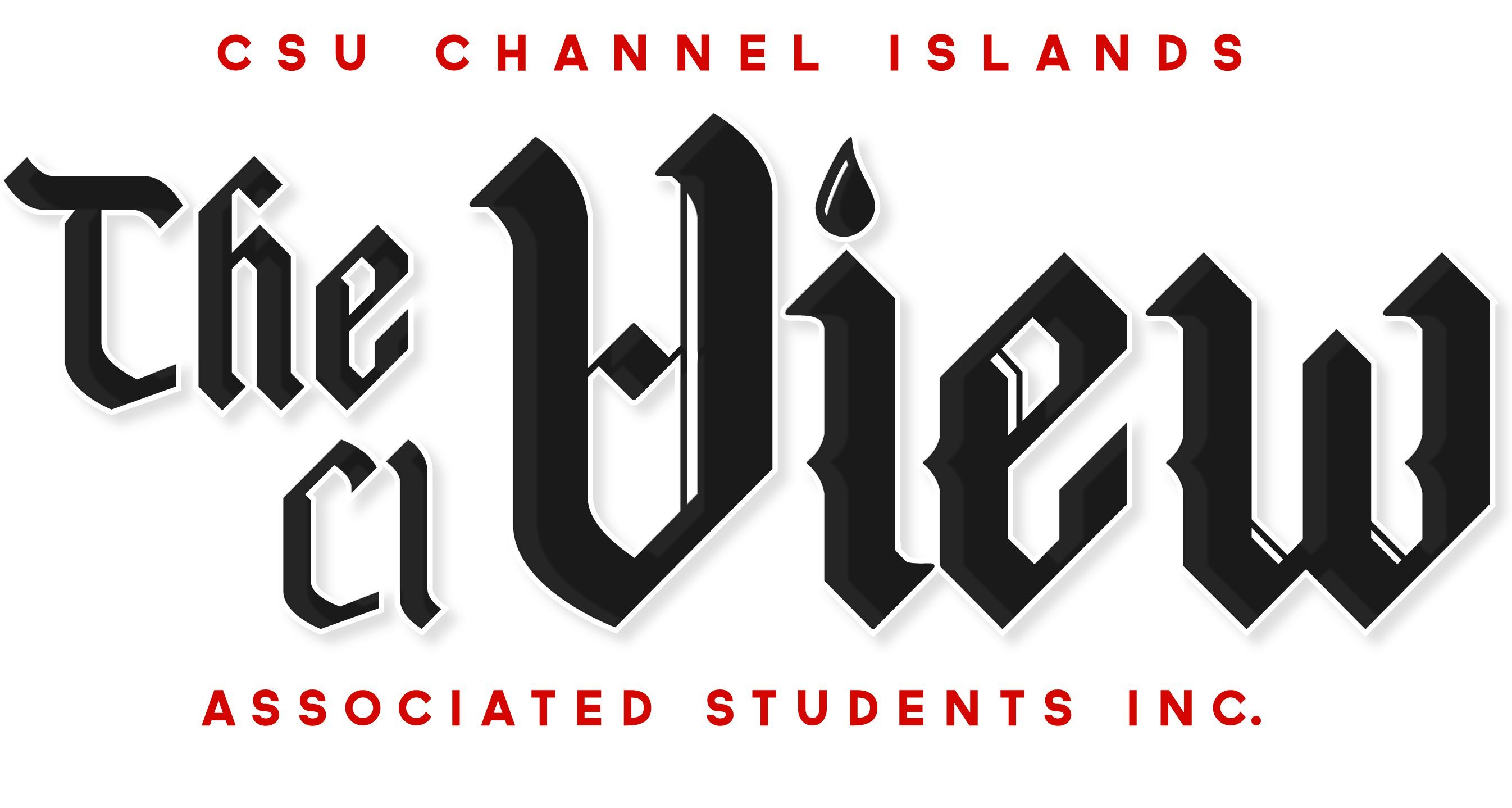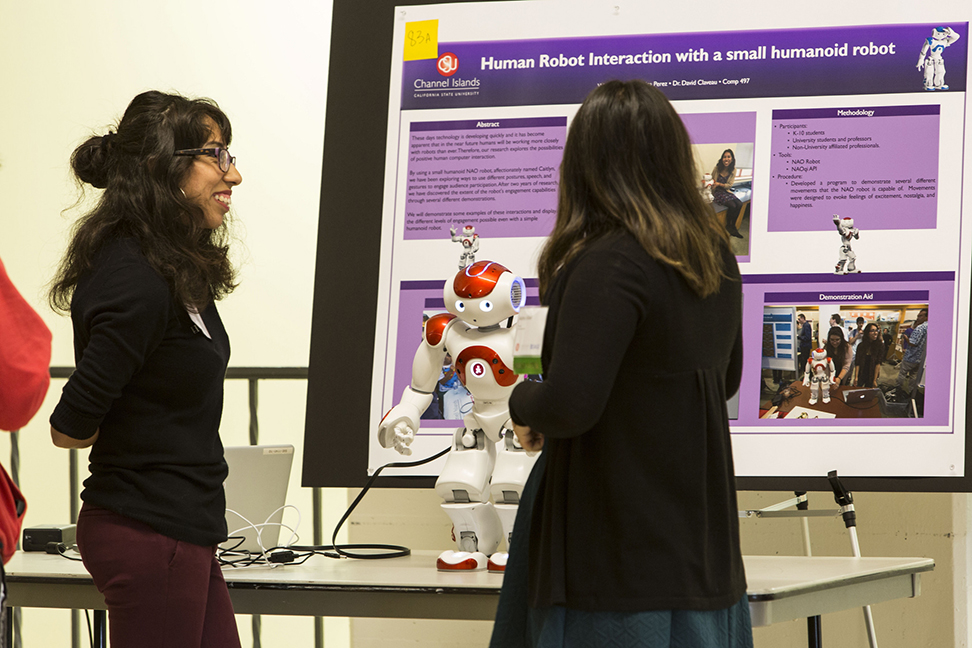by Alex Guerra
With graduation coming soon, many seniors are preparing themselves for the final pull. Getting good grades, buying gowns for graduation and making the last few weeks memorable — seniors have been kept busy.
However, some of the senior classes are also working on various capstone projects for their major. A capstone is a project specific to a certain major that most undergraduate students complete before they graduate.
For anthropology majors, students must take on a two-semester research project that requires them to write a 40-60 page paper and make a presentation. This project has students engage in a topic that is not only of anthropological concern, but also demonstrates what they have learned as an undergraduate.
With the capstone projects students can engage with others around them, and they are then able to expand within their own studies and further gain experience in their respective field.
For math majors, students will conduct a research project starting in Math 499. These projects can be on any topic students choose, such as math education, game theory or even statistics. Math majors also work in small groups, and usually present their projects either in a seminar, at the Mathematical Association of America conference that takes place in San Diego or at a SAGE conference right here at CI.
As for applied physics majors, students typically do team projects that range from creating a trebuchet to building a bridge entirely out of pasta. Just like math majors, students majoring in physics will also present these projects at conferences.
Art majors don’t have to look far for their capstone projects, in which students work together in groups to better their community, and many capstone projects have consisted of various artwork designs such as murals and collages.
Biology majors will be engaged in various tasks that will help them to successfully critique any scientific journal articles, be able to identify research materials, as well as discuss issues related to biology itself. Chemistry majors, meanwhile, will present scientific information that they have researched extensively.
For Chicana/o Studies, students will create presentations or various projects that will help them engage and understand more about how certain aspects affect the Latina/o community, as well as learn about some of the families and communities.
Spanish majors are offered two different capstone courses, one in the fall and one in the spring. The fall course is service learning, and allows students to engage in supervised community service with nonprofit organizations that need speakers, writers or translators that can speak Spanish.
In addition, or as a substitute, Spanish majors can take a more research-based course in the spring where they participate in an academic project that combines the work they’ve done in their Spanish courses. Regardless of which semester they choose, Spanish majors then write a report of their experiences and give a presentation on it at the end of each semester.
The computer science major capstone requires students to craft some form of a technical artifact, whether on their own in a group. In addition, students can choose their topics accordingly and work with CI faculty to help them out.
For English majors, students are given the task of writing a 20 page research-based paper, whether it be in an essay format or a creative writing project.
While psychology majors have a capstone course, it is not something that every student takes. Students in the capstone often engage in specific study courses or topics where they participate in projects that faculty help with. Each of these projects are presented at the Western Psychological Association conference in Portland, Oregon. As an alternative, psychology majors can present them at the SAGE conference here at CI.
Regardless of whether or not they take capstone, all psychology majors are required to complete a two-semester course (PSY 300 and PSY 301) in which they will work on a research project with their instructor’s help. For these projects, students will present them as posters at the annual Psychology Program Poster Session, as well going to the SAGE conference.
For communication majors, they have two options for their capstone course: Either they can do a 75-hour communication related work for a nonprofit organization or write a 25 page research paper. Students will have to present a poster of their findings at the Communication Gala, which is in held in the Grand Salon.
Overall, CI offers students a broad range of options for senior capstone projects. With the capstone projects students can engage with others around them, and they are then able to expand within their own studies and further gain experience in their respective field.

